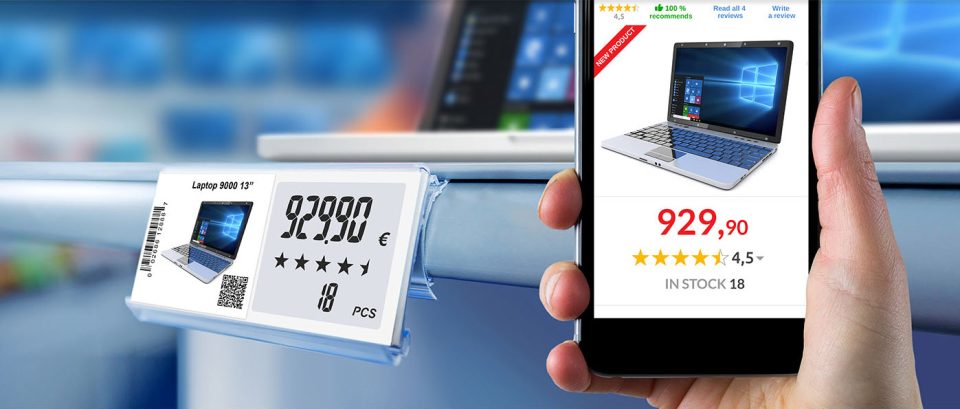In the dynamic realm of retail, where consumer expectations are evolving at an unprecedented pace, staying ahead of the curve requires a strategic integration of cutting-edge technologies. Retailers today can ill-afford to overlook the transformative impact that technology can have on their operations, customer experiences, and overall competitiveness. Here’s a closer look at some indispensable technologies that retailers simply cannot afford not to have in their arsenal.
- Point-of-Sale (POS) Systems: Streamlining Transactions A robust Point-of-Sale system is the lifeblood of modern retail operations. Efficient transaction processing, inventory management, and seamless integration with other business systems are key features that retailers must prioritize. Today’s POS systems often include advanced analytics capabilities, providing valuable insights into customer behavior and purchasing trends.
- E-commerce Platforms: Bridging the Digital Divide In the era of online shopping, a user-friendly and secure e-commerce platform is non-negotiable. Retailers need to establish a strong online presence to reach a broader customer base. The integration of features such as mobile responsiveness, secure payment gateways, and personalized shopping experiences enhances the overall digital storefront, ensuring a competitive edge in the crowded e-commerce landscape.
- Customer Relationship Management (CRM) Systems: Personalizing Experiences Understanding and connecting with customers on a personal level is a cornerstone of successful retail. CRM systems enable retailers to collect, analyze, and leverage customer data to tailor marketing strategies, personalize interactions, and build lasting relationships. This technology is essential for creating a customer-centric approach that goes beyond transactions to foster loyalty and brand advocacy.
- Inventory Management Systems: Optimizing Stock Levels Effective inventory management is pivotal for avoiding stockouts, minimizing overstock situations, and optimizing supply chains. Advanced inventory management systems leverage automation, real-time tracking, and predictive analytics to ensure that retailers maintain optimal stock levels, reduce carrying costs, and enhance overall operational efficiency.
- Omni-Channel Retailing: Seamlessly Connecting All Channels In the current retail landscape, consumers expect a seamless experience across all channels—whether in-store, online, or via mobile devices. Retailers need to invest in technologies that facilitate omni-channel retailing, enabling a cohesive and integrated experience for customers, regardless of how and where they choose to shop.
- Artificial Intelligence (AI) and Machine Learning (ML): Unlocking Intelligent Insights AI and ML technologies empower retailers to harness the power of data for intelligent decision-making. From predictive analytics for demand forecasting to personalized product recommendations, these technologies elevate the customer experience and enable retailers to stay agile in a rapidly changing market.
- Contactless Payment Solutions: Adapting to Changing Preferences The shift towards contactless payments has accelerated, driven by evolving consumer preferences and health considerations. Retailers must adopt secure and convenient contactless payment solutions to enhance the speed and safety of transactions, meeting the expectations of today’s tech-savvy and health-conscious consumers.



